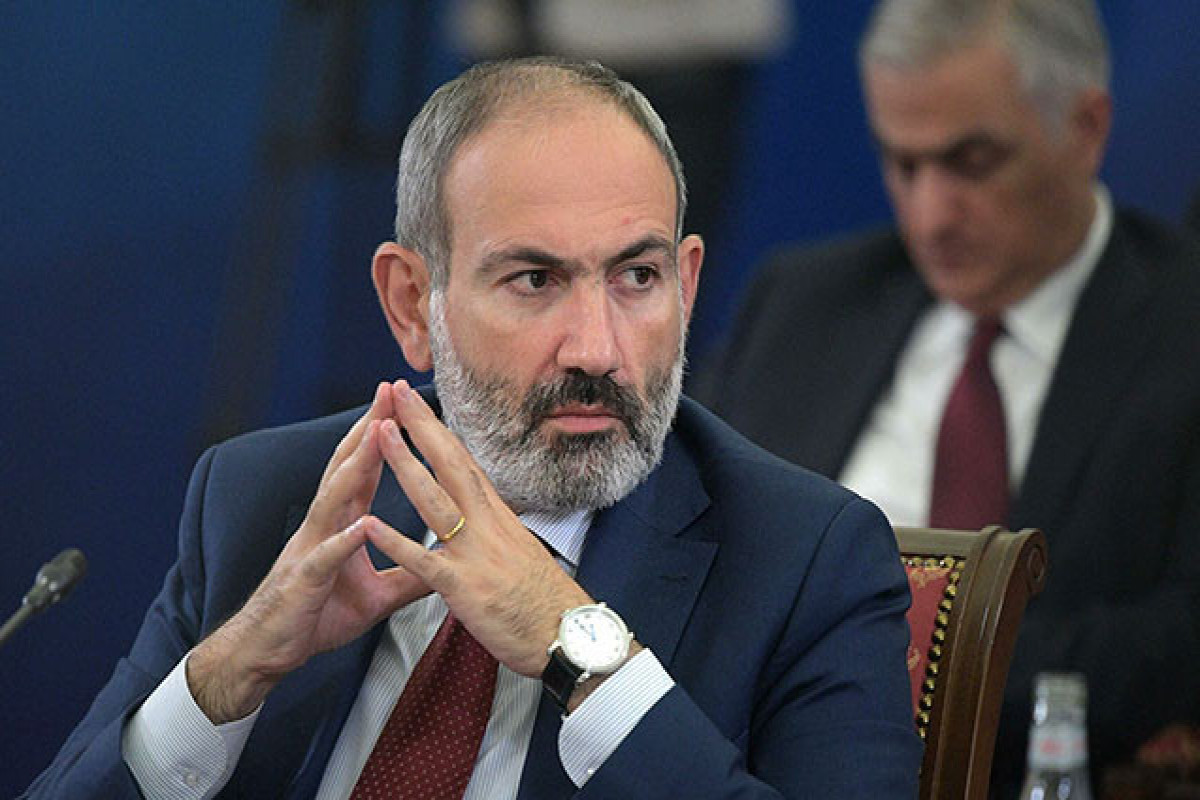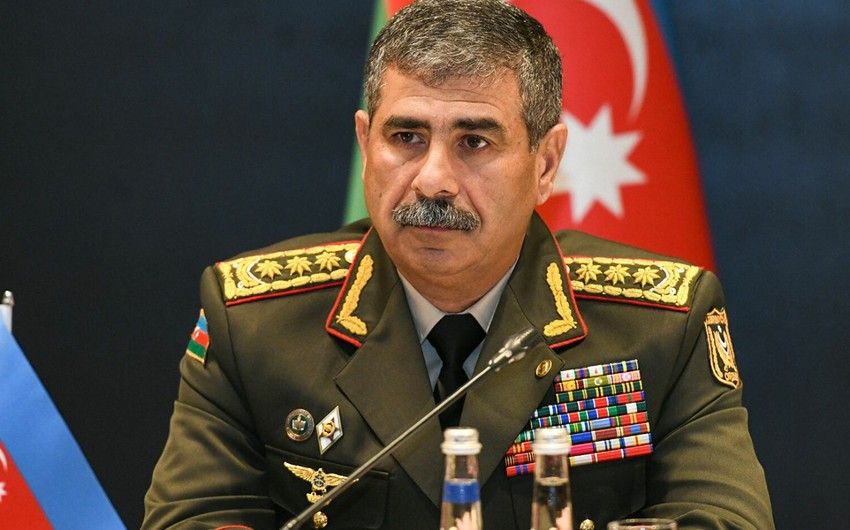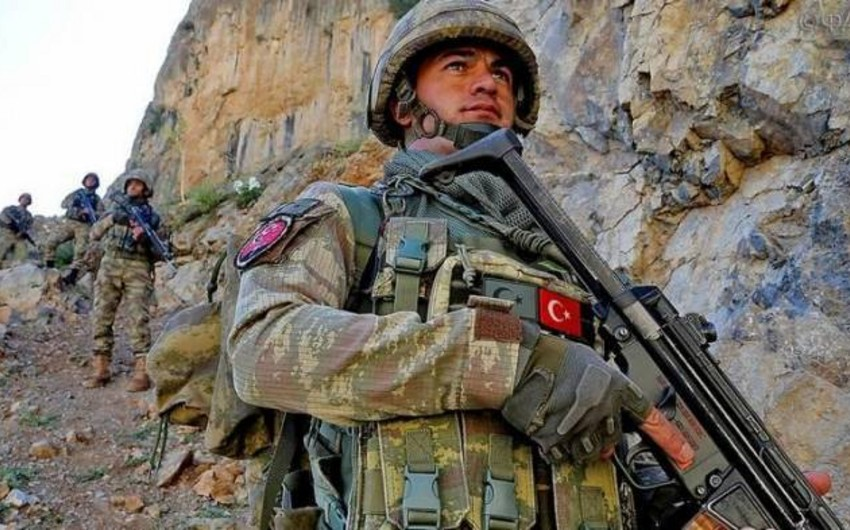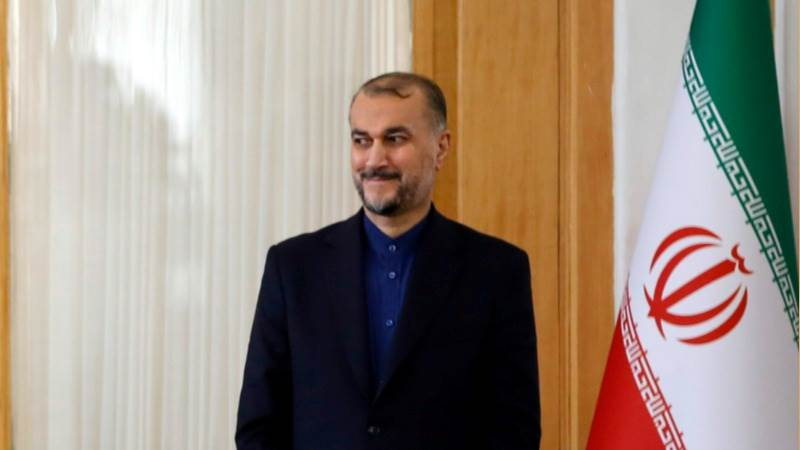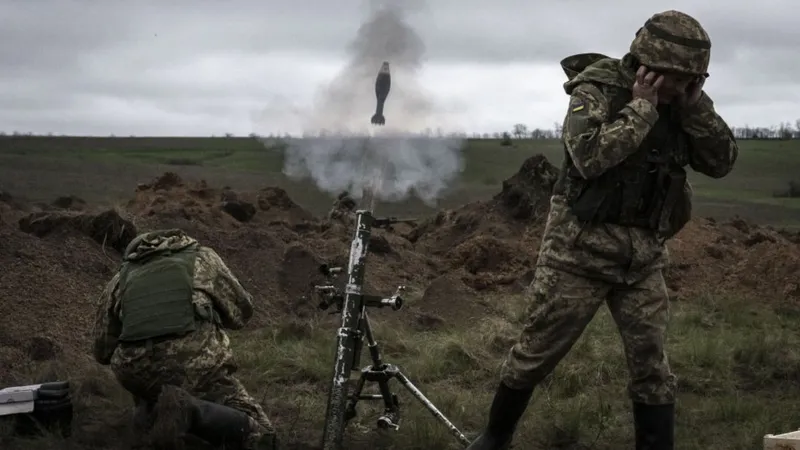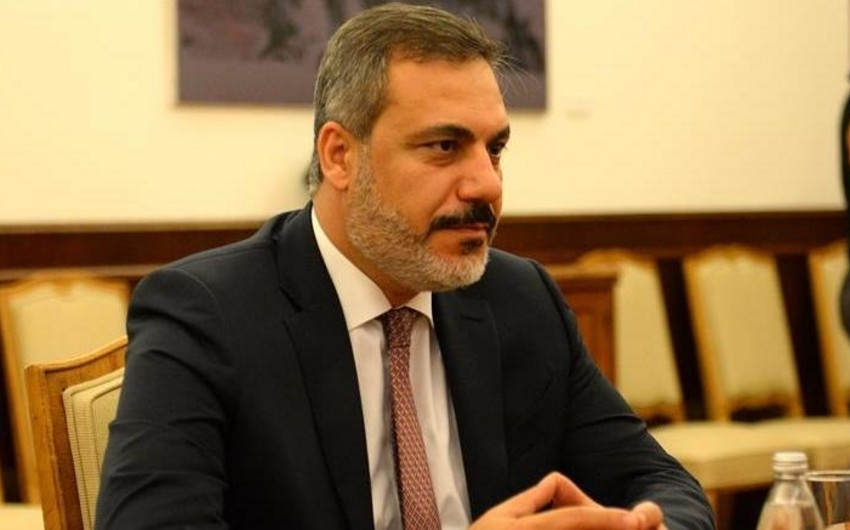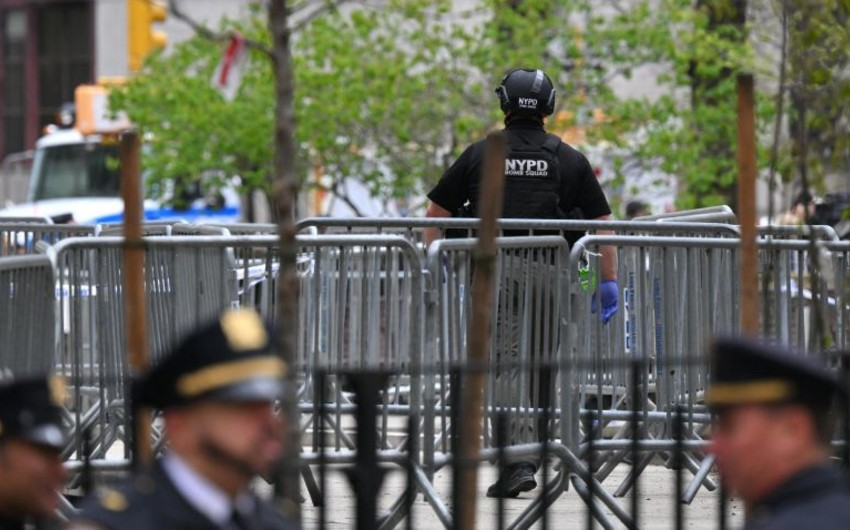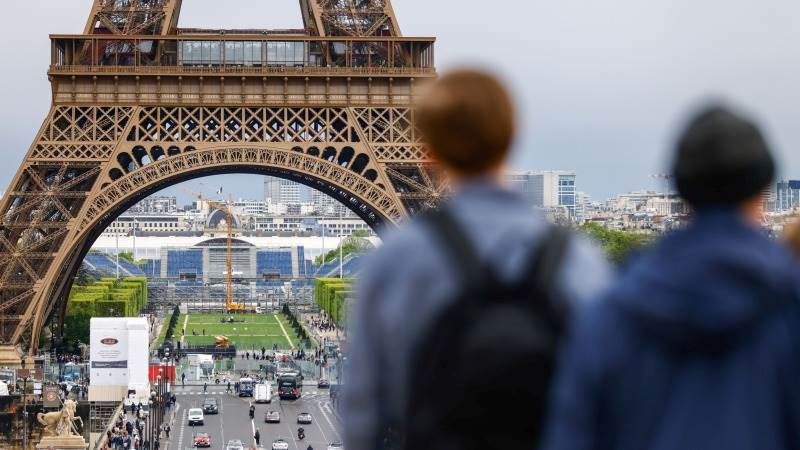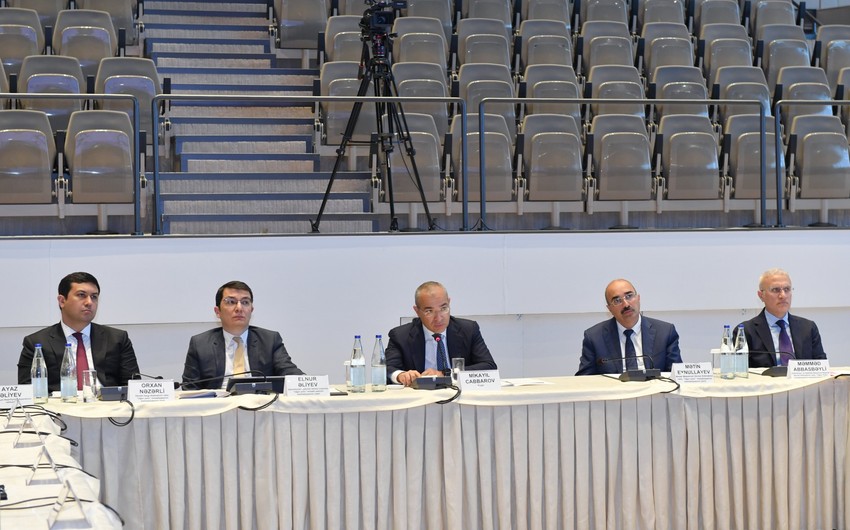Of all the mysteries of the mind, perhaps none is greater than memory. Why do we remember some things and forget others? What is memory’s relationship to consciousness and our identities? Where and how is memory stored? How reliable are our memories? And why did our memory evolve to be so rich and detailed?
In a sense there are two ways of looking at memory: the literary and the scientific. There is the Proustian model in which memory is about meaning, an exploration of the self, a subjective journey into the past. And then there is the analytical model, where memory is subjected to neurological study, psychological experiments and magnetic resonance imaging.
A neuroscientist explains: the need for ‘empathetic citizens’ - podcast
A new book – or rather a recent translation of a two-year-old book – by a pair of Norwegian sisters seeks to marry the two approaches. The co-authors of Adventures in Memory: The Science and Secrets of Remembering and Forgetting are Ylva Østby, a clinical neuropsychologist, and Hilda Østby, an editor and novelist.
Their book begins in 1564, with Julius Caesar Arantius performing a dissection of a human brain. Cutting deep into the temporal lobe, where it meets the brain stem, he encounters a small, wormlike ridge of tissue that resembles a sea horse. He calls it hippocampus – or “horse sea monster” in Latin. The significance of this discovery would take almost 400 years to come to light.
As with so much to do with our understanding of the brain, the breakthrough came through a malfunction. An American named Henry Molaison suffered from acute epilepsy, and in 1953 he underwent an operation in which the hippocampi from both sides of his brain were removed. The surgery succeeded in controlling his epilepsy but at the cost of putting an end to his memory.
For the remaining 55 years of his life, he was unable to form new memories – or rather, new explicit memories. Memory is divided up in various ways. First between long-term and short-term memory. Explicit memory, which is part of long-term memory, is the product of conscious thought, while implicit memory enables unthinking rote actions. Explicit memory is itself subdivided between episodic memory – the autobiographical record of our experience – and semantic memory, which concerns general knowledge or “textbook learning”.
Areas of the brain, including the hippocampus. Photograph: Science History Images/Alamy Stock Photo
Molaison’s short-term (sometimes called working) memory remained intact, as did his procedural (or implicit) memory. He could learn new motor skills. He just couldn’t remember learning them. Molaison’s case had a profound effect on the study of memory, chiefly in placing the hippocampus as a vital part of memory formation and retention.
As the Østby sisters acknowledge, memory is an area of neuropsychology that is fraught with dispute. While everyone agrees that the role of the hippocampus is central to memory, there is division over whether it is simply the part of the brain that consolidates memory or if is also employed to overwrite the original memory with each new recollection of it.
In fact, almost everything about memory remains open to debate, speculation, theorising. It used to be thought, for example, that memories were like files that we retrieved or – if we couldn’t recall them – lost. Now it’s much more widely understood that memories are created and then recreated, each time in a slightly different way.
When I meet the Østby sisters in a central London hotel, I tell them that this is a disturbing insight because it suggests that our memories are inherently unreliable. If they are subject to continual change they cannot represent reality with any degree of accuracy. What’s more, as we don’t realise that a memory has changed, because it always feels “real” to us, it means it’s a kind of illusion. So does this mean we shouldn’t trust our memories?
“It’s a very difficult question,” says Ylva, who is the younger sister by four years. “To some extent we can rely on our memory, but not on every little minute detail. In the court of law you have to decide where the tipping point is. But philosophically speaking, we can say we can never fully trust our memory.”
The strange thing is, some people do recall things in extraordinary detail, while others – the depressed, for example – find it hard to bring to mind more than the basic raw facts of a memory. But this does not necessarily mean that one memory is more reliable than the others. As Hilde explains, it’s a bit like writing autobiographical fiction. The writer takes the basic facts and then fills in the gaps with their imagination. That’s what we do with memory as well. It’s a creative act as much as it is an accurate representation of the past.
Exactly how a memory is created and then becomes something we can recollect at a later time is not fully known. But current thinking divides the process into three stages: encoding (the formation of a new memory), consolidation (its transformation into a long-term memory) and recollection (the retrieval of contextual information about a given event).
Functional magnetic resonance imaging (fMRI) scans can show us the different locations of activity in the brain while we remember an incident, but they don’t tell us exactly how the memory is formed, retained or retrieved.
“It’s impossible to capture the whole essence of memory in one fMRI experiment,” says Ylva.
But she says her colleagues in Oslo have conducted an fMRI experiment in which participants are shown pictures in various contexts and 40 minutes later are rescanned while they recall whatever they can about the images.
“There is a strong suggestion,” says Ylva, “that the hippocampus is more active during the encoding of these long-term memories. So fMRI has its uses but they come with many caveats.”
Memory, as an observable process, remains shrouded in myth. One of the most insistent myths stems from Freud’s early understanding of repressed memories. The basic idea is that children unconsciously bury traumatic memories that can sometimes later be retrieved under hypnosis or psychoanalysis. Although there is some evidence to support a limited conception of repressed, or more accurately dissociated memory, it’s a field of research that has suffered from claims of false memory manipulation. In the 1990s, the satanic child sex abuse cases that sprang up, and built on recovered memories, were proven to be erroneous.
“Most traumatic memories are highly memorable,” says Ylva. “It’s much more common that bad memories haunt people.”
In the book, the sisters accompany Adrian Pracon, who was the last person to be shot by Anders Behring Breivik during the terror attack of 2011 on Utøya, which left 69 of Pracon’s fellow summer campers dead. Pracon has suffered from post-traumatic stress disorder (PTSD) since the slaughter. His memories, he says, are still affected by the fact that his initial response to Breivik’s shooting spree was that it wasn’t real.
So he had to first take in that what he saw as an act – an illusion – was actually lethal reality. And then afterwards he had to work to accept that his fears, dreams and even visions were not real but hallucinations.
That’s a heavy toll to place on the human mind. Interestingly, research done at the University of Oxford suggests that PTSD can be relieved by playing a computer game in the immediate hours following a traumatic event. The theory is that the game weakens the strong visual memories associated with the original trauma by offering competing images.
It’s unlikely that someone who had been through the horror that Pracon experienced would then pull out a smartphone and start playing with it – even if he had not been wounded. In his own case, Pracon chose to face his fears by returning to the scene of the trauma.
“He wanted to go,” says Hilde. “He’s been several times. He’s still fighting his memories but now he’s studying in Oxford and he wants to be a researcher in terrorism and peace work.”
“The important message is that trauma can last a lifetime,” says Ylva. “People around you have to realise that it’s not simply going to go away.”
Indeed, what’s striking about memory is that the things we want to remember are often difficult to recall, while the things we’d prefer not to remember are impossible to forget. We don’t seem, in other words, to have much control over our episodic memories. Most of us will recall the emotionally charged events of our lives – the first kiss, a near-death experience. But it’s only really semantic memory that we can reliably hold on to by actively memorising.
In terms of semantic memory, Hilde says that when she was a student there was no internet or social media and she was able to concentrate for long periods on what she had to read.
“I don’t think students have that kind of concentration today,” she says, “and that will effect what they get into their long-term memory and what they remember.”
Ylva also worries that the constant distraction of social media will undermine the flow of our episodic memories and our ability to let our mind wander in creative, unpredictable ways. This kind of flow, or stream of recollection, brings us back to the Proustian richness of memory, in which a tea cake can summon up a whole world lost to the passage of time.
How to avoid losing your memory in the digital age
Although it’s obvious why a squirrel would need to remember where it has hidden its nuts, or why a wildebeest might want to recall the places where lions like to gather, it’s not so clear why evolution has left us with this cinematic or novelistic memory of times past. The theory that has recently gained most ground is that memory supplies evolutionary advantage less because of its focus on the past than as a means of preparing for the future.
“It makes sense to see memory as the other side of the future,” says Ylva, “because it allows you to imagine scenarios. Not just knowing what is likely and what is not likely, but you can feel it and think what that scenario makes you feel. Would you act on it if that’s how it makes you feel? It’s a kind of fantastic time machine.”
Perhaps that in the end is what sets humans apart – our ability to place ourselves in the future, to anticipate and appreciate what a situation or set of circumstances might entail. And the great temporal irony is that we’ve attained this facility through being able to recall with such haunting vividness what took place in the past.
All these centuries on, we can see that the sea horse that Arantius found lurking in the depths of the brain wasn’t just a memory bank but an investment bank, storing up information and emotional understanding for tomorrow and, unless a nuclear arms race intervenes, lifetimes to come.





